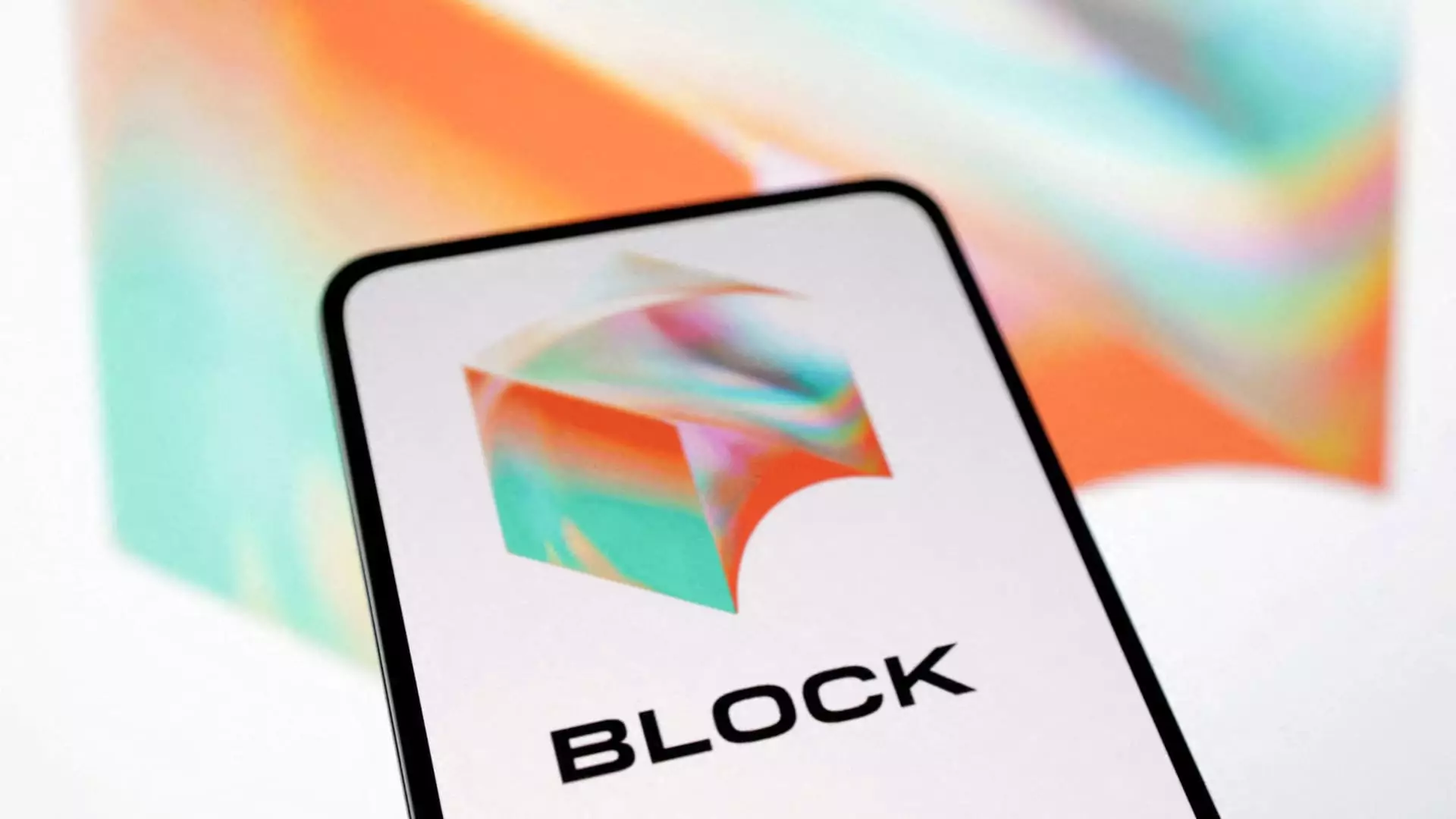On Thursday, Block, formerly known as Square, released its third-quarter earnings report, revealing a performance that fell short of Wall Street’s revenue expectations. This disparity led to an initial decline in the company’s stock during after-hours trading. Nonetheless, the market later experienced a rebound as investors shifted their focus to profitability metrics over revenue figures. Analysts had speculated on Block’s performance, expecting adjusted earnings per share to hit 87 cents. Block presented adjusted earnings of 88 cents per share, outperforming this estimate, while reporting revenues of $5.98 billion—substantially below the expected $6.24 billion.
Understanding Block’s earnings narrative involves examining the nuances of its gross profit against its top-line revenue. Block’s Chief Financial Officer, Amrita Ahuja, emphasized during an interview with CNBC that while revenue is significant, the market’s growing cognizance of gross profit is pivotal for assessing the company’s financial health. Indeed, Block reported a notable gross profit of $2.25 billion, marking a 19% increase from the previous year, thereby reaffirming its resilience in profitability even in the face of revenue setbacks.
Block’s Cash App, a cornerstone of its business model and payment solution, has been a significant driver of overall profitability. Notably, the Cash App business generated $1.31 billion in gross profit, which reflects a commendable 21% growth year-over-year. This growth is further underscored by the 11% rise in monthly active users of the Cash App Card, which now boasts a user base exceeding 24 million. Despite a shortfall in gross payment volume, reported at $62.4 billion against an analyst expectation of $64.3 billion, Block’s endeavors to enhance its cost structure have become apparent, positioning it for a more favorable financial outlook.
Looking ahead, the company forecasts an increase in gross profit for the upcoming fourth quarter, with estimates suggesting it could rise 14% to $2.31 billion. This promising outlook is coupled with evolving strategies focusing on enhancing its lending products and optimizing its user engagement across platforms.
Expansion of Lending Products and Strategic Initiatives
As Block continues to evolve, CEO Jack Dorsey’s quarterly shareholder letter shed light on the company’s future directions, particularly regarding its lending initiatives. Following the high-profile acquisition of Afterpay, Block is intent on embedding buy-now-pay-later (BNPL) solutions into its Cash App. Dorsey described plans to transition Cash App Cards into competitive alternatives to traditional credit cards, showcasing the BNPL services that are slated to be incorporated.
Ahuja pointed out that artificial intelligence is at the forefront of Block’s lending technology, enabling more effective risk management and quicker decision-making processes. This innovative approach has resulted in impressively low loss rates—approximately 1% for BNPL, 3% for Cash App Borrow, and 4% for Square Loans. As analysts reflect on Block’s financial trajectory, Third Bridge’s Kevin Kennedy noted the crucial importance of lending as a driver for monetizing Cash App’s user base, suggesting that a robust advertising strategy connected to the payment platform is also on the horizon.
In light of fluctuating market conditions, Block’s commitment to streamlining operations is evident. The shareholder letter indicated a reassessment of its involvement in Tidal, the music-streaming platform founded by Jay-Z, and a complete discontinuation of TBD, the company’s Bitcoin-focused venture. Such cost-cutting measures become even more significant considering past layoffs aimed at optimizing resources.
Dorsey also reiterated the importance of Bitcoin within Block’s investment strategy, noting that the company maintains a Bitcoin reserve throughout its balance sheet, consisting of 8,300 bitcoins valued at approximately $630 million as of the end of the quarter. This strategic focus on making Bitcoin accessible via the Cash App reflects Block’s vision for future growth and development in a rapidly changing digital finance landscape.
While Block’s third-quarter earnings reveal a complex picture marked by revenue shortfalls, the positive trends in profitability metrics and user growth highlight the company’s strength in navigating market challenges. The integration of advanced lending strategies and focus on enhancing the Cash App ecosystem will be pivotal in retaining investor confidence and achieving long-term growth. Furthermore, as Block pivots its operational focus towards AI-driven solutions and strategic cost reductions, the company is positioning itself not just for recovery, but for an innovative future in the evolving financial services landscape.

